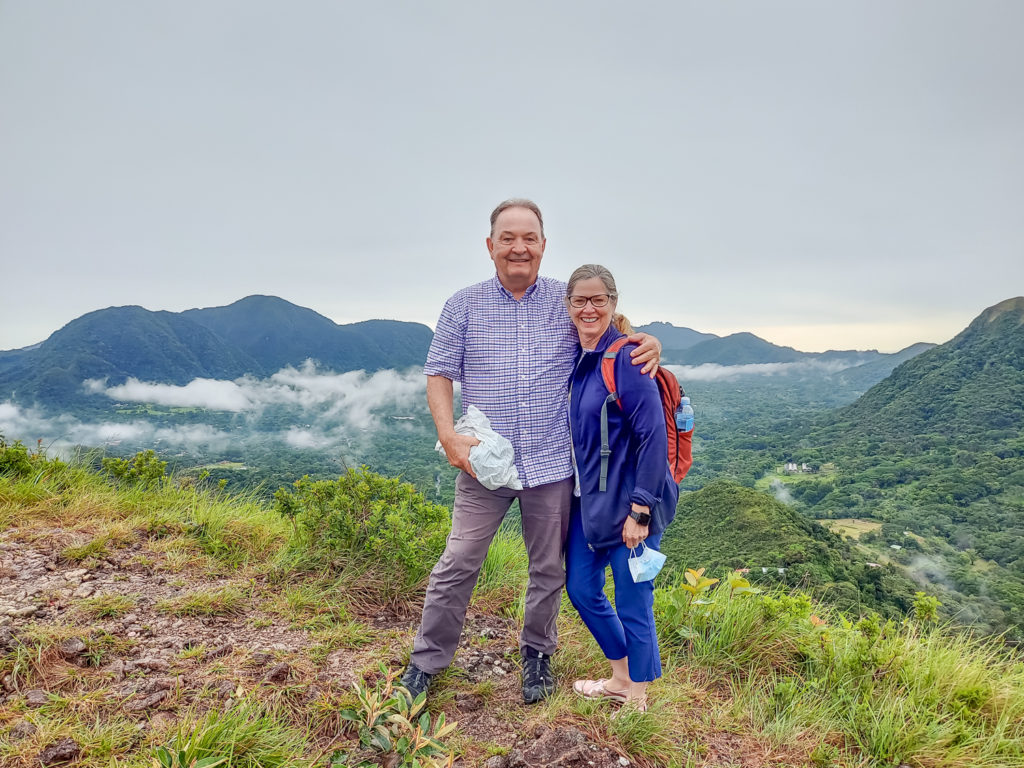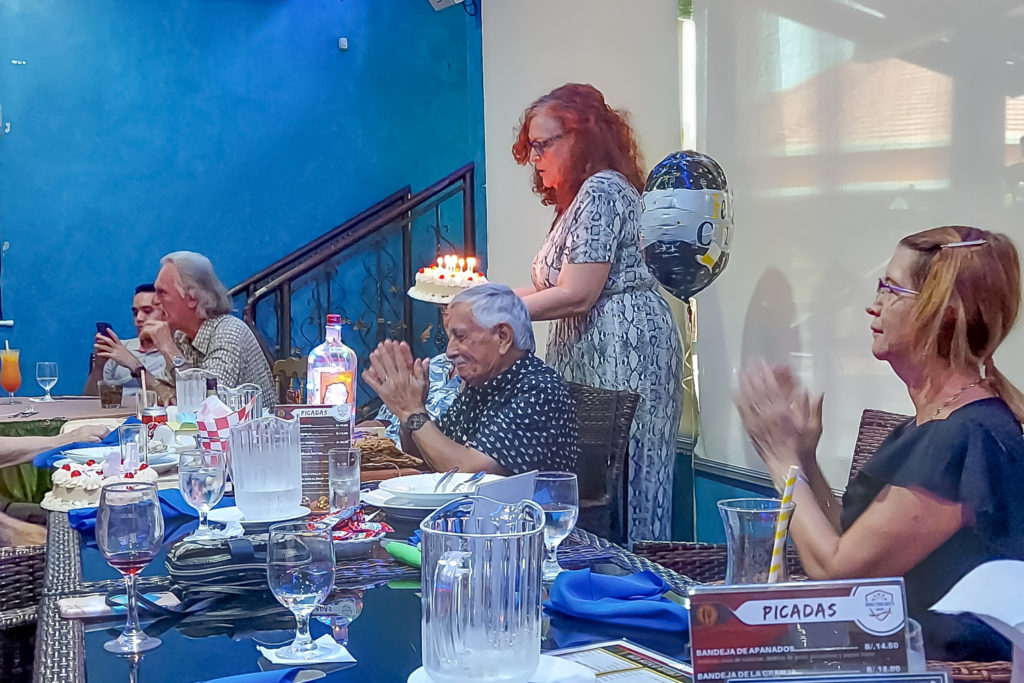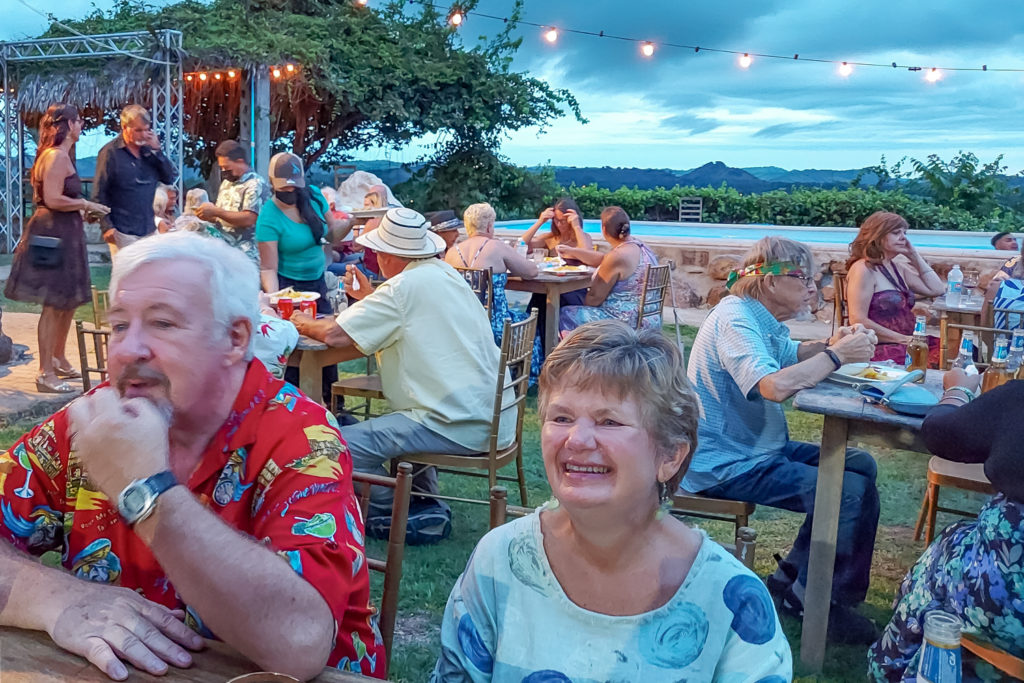If you’re ever planning to live in a foreign country – either on a temporary basis or as a full-time resident – there will be many things to learn and deal with. As US citizens, we are so blessed with many environmental, technological, and socio-economic advantages that populations the world over cannot even imagine. So much so that we take many of our advantages as “normal” for other places in the world, too.

However, it’s good for us to see how other populations really exist on a day-to-day basis because it provides us with opportunities to grasp insight and perspectives beyond our own.
That’s what I wrote in my last article about living overseas.
And now that we’ve been living in Panama and getting to know a lot of the locals, we’ve learned a little more than just the surface-level perspective of the tiny country of Panama.
What’s an Expat?
We’ve “immersed” ourselves, if you will, into the Panamanian and the expat communities and even attend weekly expat events. However, although these events are for expats, one of the first things we noticed was that many of those who attend them aren’t anywhere near retirement age; and some aren’t even expats.
Some attendees are young Panamanians who want to learn English or want to practice the English they’ve learned. Some are travelers (mostly North Americans right now due to Covid) who are in Panama on a part-time basis. Some are empty nesters who are not of retirement age but who have decided move where their financial resources will go further. Some are career people who are still employed but can work online. And then, of course, there are expats who live in Panama year-round.
So, the question you might be asking yourself is who’s an expat and who is not an expat. Although it’s a rather loose term for those who are attending the get-togethers, the impromptu dinners and happy hours, or donating their time and money to specific causes, it’s a rather confusing label.
An expat is someone who spends extensive time overseas. They might be living overseas on a part-time or a full-time basis. They might have gone through the process of obtaining a visa if they wanted to extend their stay beyond what the particular immigration laws for that country allow.
Expats can be any age, young or old; they might even work in the foreign country if they have the proper visa and other documentation.

However, to many people, there’s still some confusion as to whether the term, “expat,” means that someone has taken up citizenship in another country. And to address that point, I emphatically say, no, you do not have to become a citizen.
Further, in all our time and travels in this country, we have not met one person who has dropped their US citizenship to become a citizen of Panama. And, although many people are full-time residents of Panama and some own homes here, they all travel back and forth from the US to visit families, see doctors, and transact business. And they consider the States their permanent home.
Making a Difference
On the community level, these groups are a huge benefit because they have started many much-needed services. And one of the most important services that’s done throughout the country is that of providing care and other services for animals.

Because most dogs and cats who are family pets are not kept in the house or yard, they roam freely. And because of this, many areas have become over-run with litters of puppies and kittens. These animals may have grown up without ever having a home, or they get injured, or sick, or lost. So expat groups all over Panama have instituted adoption services, spaying and neutering clinics, and they volunteer in veterinarian offices.
This one service, alone, has made a terrific impact on the lives of so many animals and has given so many people the opportunity to make a difference in their community.
But animal adoption and care are not the only ways that North Americans and Europeans living in Panama are making a difference.
Many expats are teaching English language classes, or they have been instrumental in funding and building libraries. Some groups have initiated the first recycling in the country; they hold fundraising events for children, schools, and hospitals; and coordinate roadside clean-ups.
At the very least, temporary and full-time expats are very instrumental in supporting local businesses. Some groups have initiated the first recycling in the country, hold fundraising events, and coordinate roadside clean-ups.
These efforts continue to make a positive impact on the quality of life for everyone living in Panama.
Next Stop: Mexico
It’s hard to believe that we’ve been in Panama for almost three months this trip. Time has flown by and our experience of living on the beach has been amazing.
With the Medicare season looming on the horizon for Ron, and we have a couple of places to go before it starts. First, we’re off to Mexico to do a scouting trip with friends. Then, back to Albuquerque and Phoenix for Medicare season. That will take us through the fall and almost to Christmas.
After that, we’ll have to see what windows of opportunity the Lord has in store for us!
Follow us on social media!
No comments yet.